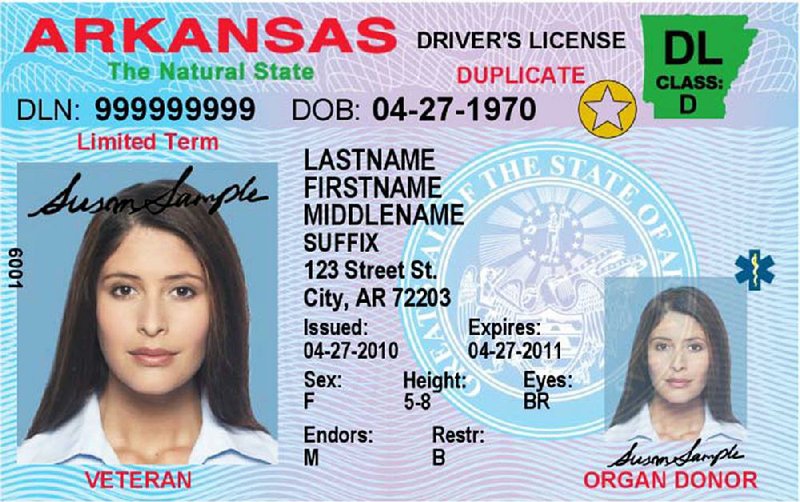
It may be worth considering getting your Utah realty license to help you start a new profession. It is not as difficult as you might think. You can pass the Utah real estate exam with just a little preparation and luck.
How difficult is the Utah Real Estate Exam
First, you must complete the pre-licensing requirements to earn your Utah realty license. This can be done online or in the classroom. If you prefer to do it in a classroom setting, you have the option to meet your future classmates and peers as well receive support from other students.
Best Real Estate School Utah: Finding the right school is key to making the process of getting your license a breeze. Consider many factors when selecting a school. You need to know if they offer student support and if their courses can be arranged in-person.

Check to see if there are courses offered in any other languages. This will help you to find employment if English is not your native language. A school must also guarantee a high pass rate for their course.
How long does the process take to obtain your Utah realty license?
It will take you 120 hours to complete the pre-licensing coursework. This will affect how long it takes to obtain your Utah real estate license. Most students can complete this course in 6 weeks or less. This course isn’t easy and can be very challenging.
What is the cost for a Utah realty license?
The cost of getting your real estate license in Utah will vary depending on how fast you can complete your courses and if you choose to do it in a classroom or online. In most cases, the cost of an online course will be lower than a classroom course.
How many questions are there in the utah estate exam?
Utah's real-estate exam is divided into two sections: the National and the State. To be eligible to apply, you must pass both sections. In order to be eligible to apply for your license, you must pass both the National and State sections of the exam.

What are the requirements to obtain a Utah real estate license?
To be licensed as a Utah real estate broker, you'll need to pass both a Utah section and a national section. Pearson VUE (a licensed testing organization) administers both these exams at the same time. If necessary, you can retake the Utah real property broker licensing exam.
FAQ
Can I get a second mortgage?
However, it is advisable to seek professional advice before deciding whether to get one. A second mortgage can be used to consolidate debts or for home improvements.
Do I need a mortgage broker?
Consider a mortgage broker if you want to get a better rate. Brokers work with multiple lenders and negotiate deals on your behalf. Brokers may receive commissions from lenders. You should check out all the fees associated with a particular broker before signing up.
How can I get rid Termites & Other Pests?
Your home will be destroyed by termites and other pests over time. They can cause serious damage and destruction to wood structures, like furniture or decks. This can be prevented by having a professional pest controller inspect your home.
What should I look out for in a mortgage broker
A mortgage broker helps people who don't qualify for traditional mortgages. They search through lenders to find the right deal for their clients. Some brokers charge a fee for this service. Others provide free services.
How many times may I refinance my home mortgage?
This depends on whether you are refinancing with another lender or using a mortgage broker. In either case, you can usually refinance once every five years.
How long does it take to get a mortgage approved?
It depends on several factors such as credit score, income level, type of loan, etc. It takes approximately 30 days to get a mortgage approved.
Statistics
- Based on your credit scores and other financial details, your lender offers you a 3.5% interest rate on loan. (investopedia.com)
- When it came to buying a home in 2015, experts predicted that mortgage rates would surpass five percent, yet interest rates remained below four percent. (fortunebuilders.com)
- 10 years ago, homeownership was nearly 70%. (fortunebuilders.com)
- Some experts hypothesize that rates will hit five percent by the second half of 2018, but there has been no official confirmation one way or the other. (fortunebuilders.com)
- Over the past year, mortgage rates have hovered between 3.9 and 4.5 percent—a less significant increase. (fortunebuilders.com)
External Links
How To
How to Manage a Rental Property
Although renting your home is a great way of making extra money, there are many things you should consider before you make a decision. These tips will help you manage your rental property and show you the things to consider before renting your home.
If you're considering renting out your home, here's everything you need to know to start.
-
What factors should I first consider? Before you decide if your house should be rented out, you need to examine your finances. If you have debts, such as credit card bills or mortgage payments, you may not be able to afford to pay someone else to live in your home while you're away. Check your budget. If your monthly expenses are not covered by your rent, utilities and insurance, it is a sign that you need to reevaluate your finances. ), it might not be worth it.
-
How much is it to rent my home? It is possible to charge a higher price for renting your house if you consider many factors. These include things like location, size, features, condition, and even the season. Prices vary depending on where you live so it's important that you don't expect the same rates everywhere. Rightmove reports that the average monthly market price to rent a one-bedroom flat is around PS1,400. This means that you could earn about PS2,800 annually if you rent your entire home. That's not bad, but if you only wanted to let part of your home, you could probably earn significantly less.
-
Is it worth it? It's always risky to try something new. But if it gives you extra income, why not? You need to be clear about what you're signing before you do anything. It's not enough to be able to spend more time with your loved ones. You'll need to manage maintenance costs, repair and clean up the house. Make sure you've thought through these issues carefully before signing up!
-
Is there any benefit? So now that you know how much it costs to rent out your home and you're confident that it's worth it, you'll need to think about the advantages. There are plenty of reasons to rent out your home: you could use the money to pay off debt, invest in a holiday, save for a rainy day, or simply enjoy having a break from your everyday life. It is more relaxing than working every hour of the day. You could make renting a part-time job if you plan ahead.
-
How do you find tenants? After you have decided to rent your property, you will need to properly advertise it. You can start by listing your property online on websites such as Rightmove and Zoopla. After potential tenants have contacted you, arrange an interview. This will help to assess their suitability for your home and confirm that they are financially stable.
-
How can I make sure I'm covered? If you fear that your home will be left empty, you need to ensure your home is protected against theft, damage, or fire. You will need insurance for your home. This can be done through your landlord directly or with an agent. Your landlord will usually require you to add them as additional insured, which means they'll cover damages caused to your property when you're present. This does not apply if you are living overseas or if your landlord hasn't been registered with UK insurers. In such cases, you will need to register for an international insurance company.
-
It's easy to feel that you don't have the time or money to look for tenants. This is especially true if you work from home. You must put your best foot forward when advertising property. You should create a professional-looking website and post ads online, including in local newspapers and magazines. You'll also need to prepare a thorough application form and provide references. While some people prefer to handle everything themselves, others hire agents who can take care of most of the legwork. You'll need to be ready to answer questions during interviews.
-
What should I do after I have found my tenant? You will need to notify your tenant about any changes you make, such as changing moving dates, if you have a lease. Otherwise, you can negotiate the length of stay, deposit, and other details. Keep in mind that you will still be responsible for paying utilities and other costs once your tenancy ends.
-
How do you collect rent? You will need to verify that your tenant has actually paid the rent when it comes time to collect it. If your tenant has not paid, you will need to remind them. You can deduct any outstanding payments from future rents before sending them a final bill. If you are having difficulty finding your tenant, you can always contact the police. They will not normally expel someone unless there has been a breach of contract. However, they can issue warrants if necessary.
-
How can I avoid potential problems? It can be very lucrative to rent out your home, but it is important to protect yourself. Consider installing security cameras and smoke alarms. Check with your neighbors to make sure that you are allowed to leave your property open at night. Also ensure that you have sufficient insurance. Do not let strangers in your home, even though they may be moving in next to you.